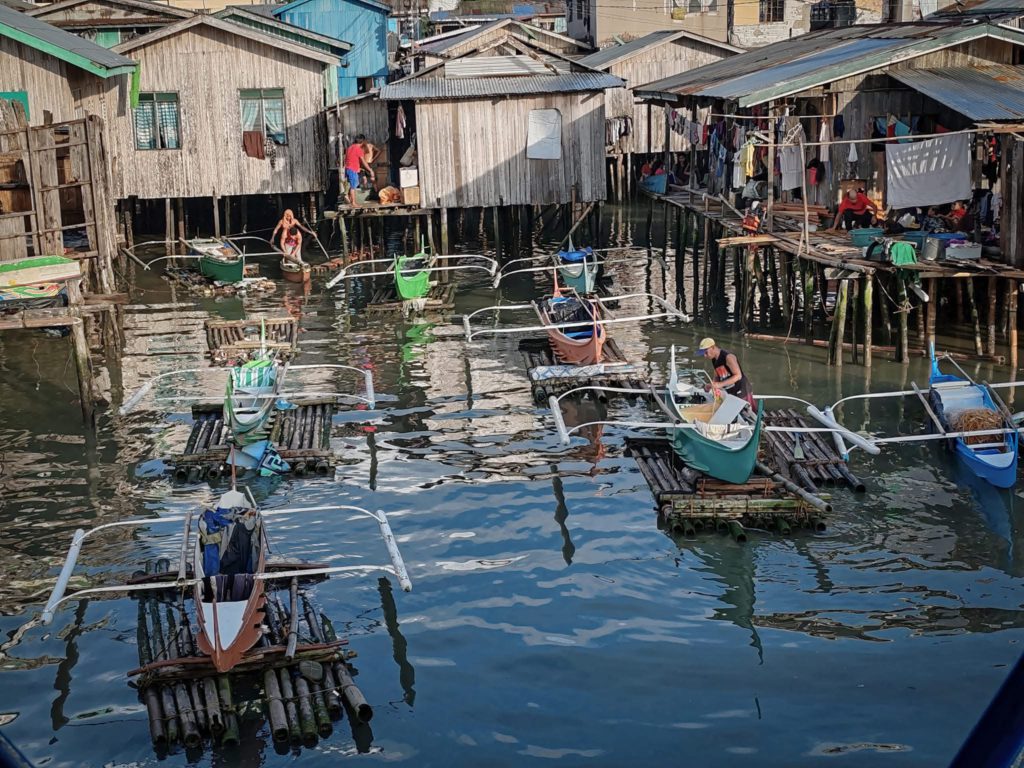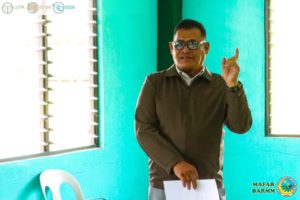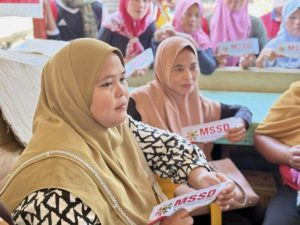
Sulu’s Status as Part of Region 9 (Zamboanga Peninsula): A Reflection on History and Future Challenges

Sulu is now officially a part of Region 9 (Zamboanga Peninsula) through the Executive Order # 91 issued by President Ferdinand R. Marcos Jr. While administrative convenience often leads to such classifications, it is important to recognize the deeper historical and cultural context that shapes the aspirations of the Bangsamoro people, including the inhabitants of Sulu.
Being lumped together under a broad regional jurisdiction neglects Sulu’s unique cultural identity, socio-economic challenges, and security issues. This administrative setup tends to overlook the distinct needs of the Moro people, resulting in policies that may not adequately address local concerns or foster meaningful development. Moreover, it hampers the region’s ability to exercise genuine autonomy, which is vital for sustainable growth and stability.
The inclusion of Sulu , while administratively expedient, risks marginalizing the historical narrative of Moro resistance and the struggle for self-determination. It effectively reduces Sulu’s political agency, limiting its ability to craft policies rooted in local identity and aspirations.
The establishment of the Bangsamoro Autonomous Region in Muslim Mindanao (BARMM) represents a monumental victory for the Bangsamoro people, an acknowledgment of their right to self-determination, cultural identity, and governance. BARMM is a testament to the perseverance of our forefathers who fought against colonial powers Spain, the United States, Japan and the colonial dominance of the Philippine government aiming to safeguard Bangsamoro sovereignty and preserve their distinct identity.
However, the creation of BARMM is also the product of GPH-MILF peace agreement thru complex negotiations, peace processes and mechanisms, and grassroots activism. It is not merely a political arrangement but a reflection of the Bangsamoro people’s resilience in safeguarding their heritage and their aspirations for genuine autonomy. The region embodies their long-standing quest for justice, equality, and respect for their historical claim of their Right to Self – determination (RSD).
Despite the meaningful strides made with BARMM, current administrative arrangements that incorporate Sulu into Region 9 could undermine these hard-won gains. It risks diluting the autonomous authority granted to BARMM or creating a false sense of unity that masks underlying grievances.
Moreover, integrating Sulu into a broader regional framework without fully respecting its unique socio-cultural landscape can lead to increased marginalization, marginalization that can exacerbate existing issues such as poverty, insurgency, and instability. The Bangsamoro people’s struggle for self-determination is ongoing, rooted deeply in their history, culture, and aspiration for genuine autonomy. The creation of BARMM was a crucial milestone, but it is only one step in a longer journey toward full recognition of Bangsamoro sovereignty.
The community’s resilience and activism continue to be vital. Grassroots movements, cultural preservation, and political engagement are essential in ensuring that Bangsamoro rights are respected and that their voices are heard in national discourse. The Bangsamoro people’s history reminds us of the importance of justice, respect, and the acknowledgment of indigenous and minority rights in building a peaceful and equitable nation.
The story of the Bangsamoro people’s struggle and the establishment of BARMM serve as a powerful reminder of the importance of respecting indigenous identities and fighting for rightful self-determination. As the nation moves forward, it is crucial that the government, communities, and stakeholders work together to foster genuine peace, understanding, and respect for Bangsamoro culture and sovereignty.
Let us honor their perseverance and continue to advocate for leaders and policies that uphold the rights, dignity, and aspirations of the Bangsamoro people, ensuring that their legacy of resilience remains strong for generations to come. Allah knows best. (Note: BMN/BangsamoroToday shares this article with the author’s permission, Abdullah P. Salik, Jr.)

